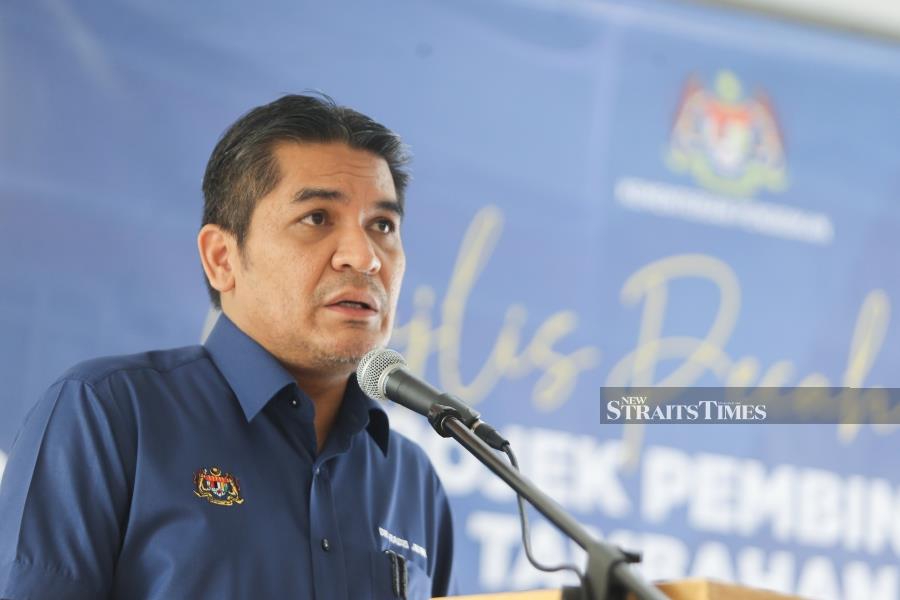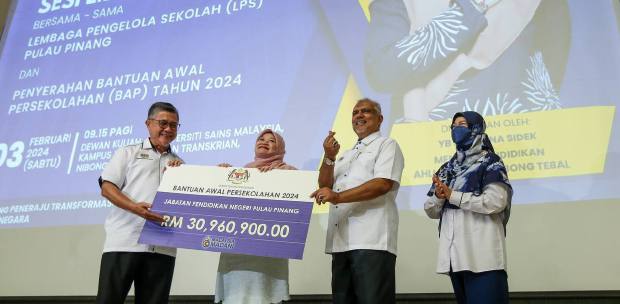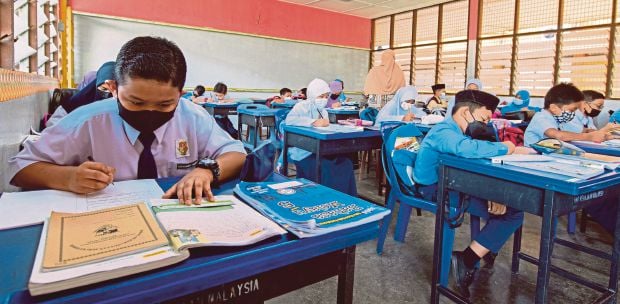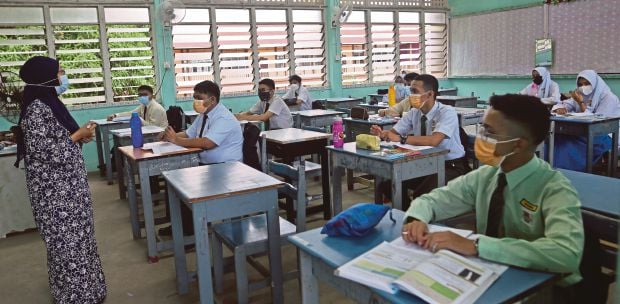GENTING HIGHLANDS: The Education Ministry (MoE) has not ruled out the possibility of teachers having falsified the results of student performances in examinations.
However, Senior Education Minister Datuk Dr Radzi Jidin said he could not determine the extent of the problem.
He said that in the past, teachers might have experienced difficulty in conducting the student assessments under the old system, in which all the evaluation elements were graded into a single component.
"The teachers may have some justification for their assessments. To say that they could lie or otherwise is subjective.
"There was a perception (among teachers) that the students have to hit certain targets before achieving a specific level.
"In the past, these assessments were combined and graded into a single component, which made it difficult (for teachers). This could have been the case," he said after officiating the 29th Education Management and Leadership National Seminar, held at Institute Aminuddin Baki here today.
He was responding to an online article in which a former teacher had claimed that she opted for early retirement after being unable to cope with the existing education system.
The former English language teacher, identified as Wan Maizura Kamaruddin, 53, was quoted as claiming that she had to "cheat" by giving higher marks for students in their level of mastery, even if the student did not know how to read.
She had also claimed that, to avoid being issued show-cause notices, most of the teachers did the same to ensure that "the data looked good on paper".
Radzi, in response, said the ministry had since come up with an updated assessment system for a better overall evaluation of students' performance.
He said the recently implemented assessment system had three main components — continuous assessment in class, year-end examination and efforts by the students — could be the answer to resolving the issue.
He said that there were cases where students would score high in the year-end examination but were less involved in classroom sessions, and vice versa.
He said the updated assessment system would thus make it easier for teachers to evaluate their students and identify areas that needed improvement
He said that the new assessment structure would also make it easier for teachers to explain their students' level of progress to parents.
"The old system is not sustainable. We know that and that is why we have come up with a new approach," he added.
Radzi acknowledged that there were also cases where students who recently entered secondary school were found to have struggled to even read.
Without disclosing specifics, he said this was not solely due to the Covid-19 pandemic.
"We have discussed this with the ministry's director-general to see how we can adopt a different approach.
"We are working on implementing earlier intervention. Perhaps one way of doing this is by moving away from the system of reading of words by syllables," he said.






